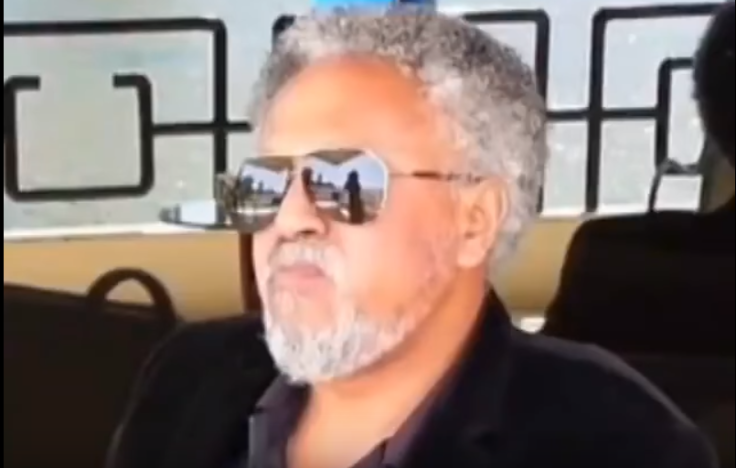Ethiopian actor Znah-Bzu Tsegay seeks asylum in US over 'abuses against Amhara'
Tsegay's asylum bid came as Ethiopia's forces accused of killing dozens in Amhara and Oromia regions.

A prominent Ethiopian soap opera actor is seeking asylum in the US two months after leaving his country. Znah-Bzu Tsegaye left with his wife and daughter, in protests against alleged atrocities carried out by the Ethiopian government against the Amhara, the ethnic group he is from.
The actor, who was in the weekly Sew Le Sew soap opera, told Voice of America he fled after the government carried out "atrocious actions" and he would not return until "[the] regime is changed".
Tsegaye's claim came weeks after Human Rights Watch and other rights groups claimed security forces killed killed at least 100 people in the Amhara region during anti-government protests held in August. The government had denied the allegations of violence.
Protests erupted in Amhara after thousands took to the streets of Gondar and Bahir Dar to protest over the administration of disputed territories.
Members of the Welkait Tegede community demanded their lands be administered by the Amhara region, instead of the Tigray state.
Protesters, who identify themselves as ethnic Amhara – Ethiopia's second largest group – clashed with police during the demonstrations, labelled as the biggest anti-government unrest Ethiopia has witnessed in recent history.
Amhara and Oromia unrests
This is not the first time that a high-profile Ethiopian national has fled Ethiopia. In August, Olympics silver-medal winner Feyisa Lilesa, from the Oromo ethnic group, staged a protest against alleged human rights abuses committed by his government against his people.
The runner crossed his arms over his head, a symbol of resistance common among Oromo people, after he crossed the finish line of the men's marathon in Rio de Janeiro on 21 August. He later failed to return to Ethiopia, saying he feared for his life.
Ethiopia's largest ethnic groups
Who are the Amhara people involved in anti-government protests?
Lilesa is currently in Washington DC. His gesture of protest shone a spotlight on the anti-government protests occurring in Oromia, Ethiopia's largest state.
Protesters first took to the streets in November 2015 to voice their dissent against a government draft plan that aimed to expand the boundaries of the capital Addis Ababa.
They argued the so-called "Addis Ababa master plan" would lead to forced evictions of Oromo farmers who will lose their land and would undermine the survival of the Oromo culture and language
The Ethiopian government scrapped the master plan following increasing agitation which activists claimed led to the death of at least 400 people.
Protests are continuing, with people calling for self-rule, the liberation of political prisoners, the end of what they perceive as "military regime" in the region. This includes the cessation of an alleged crackdown by security forces on "peaceful and unarmed" demonstrators, mainly students and farmers.
© Copyright IBTimes 2025. All rights reserved.






















